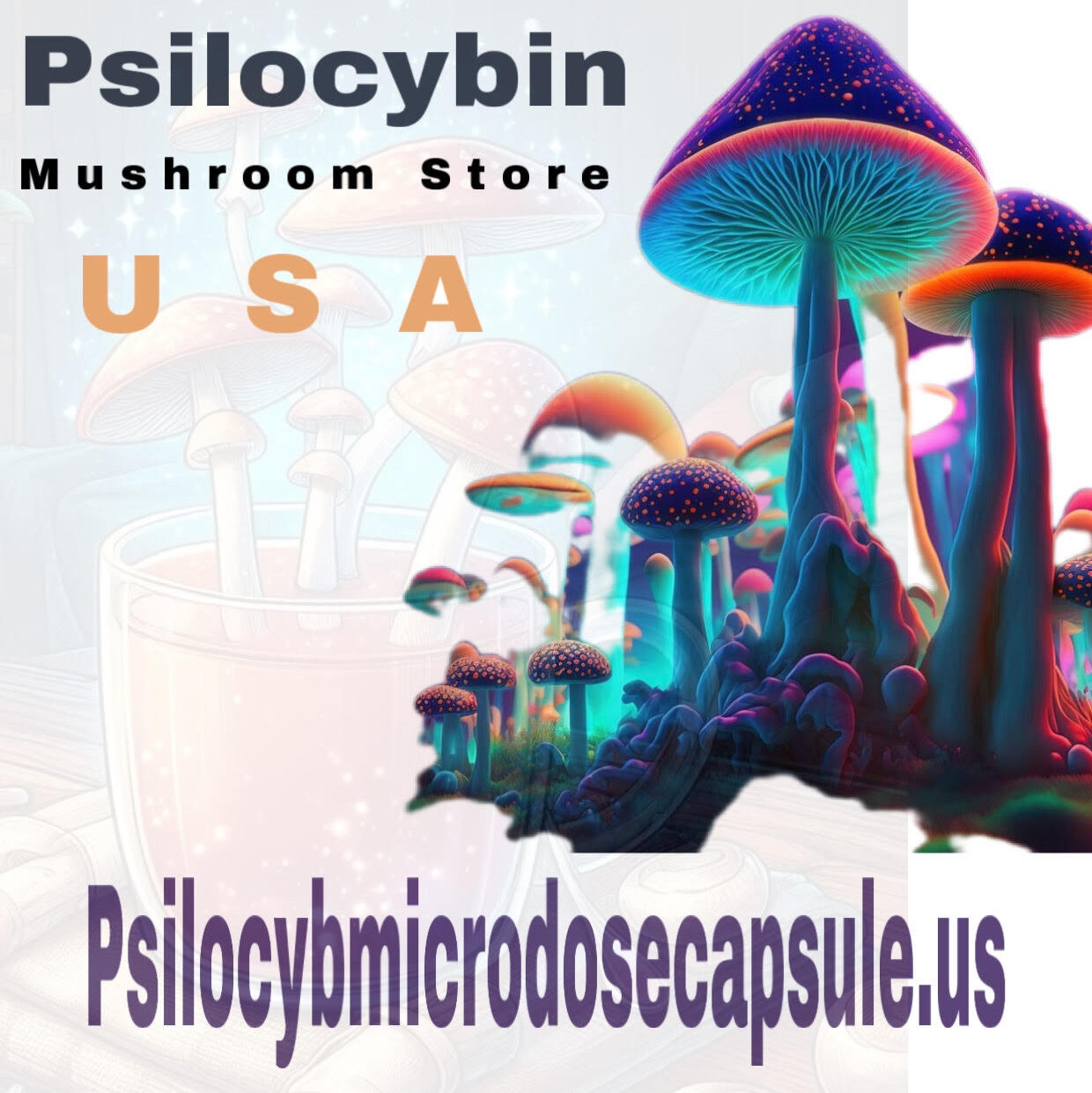Introduction to Microdosing Psilocybin
Defining Microdosing and Psilocybin
A Brief History of Microdosing Psilocybin
1. Introduction to Microdosing Psilocybin
Defining Microdosing and Psilocybin
Picture this: taking a tiny sprinkle of magic mushrooms, not enough to send you on a cosmic journey, but just enough to give your mood a gentle lift. That’s microdosing psilocybin in a nutshell. Psilocybin is the active compound in certain mushrooms that are known for their psychedelic effects. When taken in tiny, sub-perceptual doses, microdosing aims to harness the potential therapeutic benefits of psilocybin without the mind-bending trip.
A Brief History of Microdosing Psilocybin
Microdosing might sound like a trendy tech bro fad, but its roots run deep. Indigenous cultures have long used psychedelic mushrooms in spiritual rituals and healing practices. In recent years, microdosing gained popularity thanks to proponents who swear by its mood-boosting and cognitive-enhancing effects. As research catches up with anecdotal evidence, the potential of microdosing psilocybin for mental health is gaining mainstream attention.
2. The Science Behind Psilocybin and Depression
How Psilocybin Works in the Brain
Ever wondered what psilocybin does inside your noggin? When ingested, psilocybin is converted into psilocin, which interacts with serotonin receptors in the brain. This interaction is believed to alter neural pathways associated with mood regulation and cognition, potentially leading to the psychedelic experience and therapeutic effects.
Research Studies on Psilocybin and Depression
Science is finally shining a light on the potential of psilocybin for mental health. Research studies have shown promising results in using psilocybin-assisted therapy for treating depression, anxiety, PTSD, and even addiction. By disrupting negative thought patterns and promoting neuroplasticity, psilocybin therapy could offer a new frontier in mental health treatment.
3. Benefits of Microdosing Psilocybin for Mental Health
Reduced Symptoms of Depression and Anxiety
One of the most touted benefits of microdosing psilocybin is its potential to alleviate symptoms of depression and anxiety. Users report feeling more balanced, present, and less overwhelmed by negative emotions. While individual experiences vary, some find relief from the grip of persistent mental health challenges.
Enhanced Creativity and Cognitive Function
Beyond mood regulation, microdosing enthusiasts claim that tiny doses of psilocybin can unlock their creative potential and sharpen cognitive abilities. From increased focus and productivity to enhanced problem-solving skills and out-of-the-box thinking, the cognitive benefits of microdosing are as intriguing as they are compelling.
4. Personal Stories and Experiences with Microdosing Psilocybin
Testimonials from Individuals Who Have Microdosed
Peek behind the curtain of microdosing, and you’ll find a treasure trove of personal accounts praising its transformative effects. From newfound clarity and emotional resilience to a renewed zest for life, individuals share how microdosing psilocybin has nudged them toward better mental health and well-being.
Challenges and Successes of Microdosing Experiences
Of course, the microdosing journey isn’t all rainbows and butterflies. Navigating dosages, effects, and integration into daily life can present challenges. Some users report unexpected mood swings, while others struggle to find the right balance. Yet, amidst the ups and downs, many find a silver lining in the potential for personal growth and healing that microdosing psilocybin offers.
5. Safety and Legal Considerations of Microdosing Psilocybin
Potential Risks and Side Effects of Microdosing
Microdosing psilocybin is generally considered safe, but some potential risks and side effects may include mild headaches, nausea, and changes in mood. It’s crucial to start with small doses and monitor how your body responds.
Current Legal Status of Psilocybin and Microdosing
Psilocybin is classified as a Schedule I substance in many countries, including the United States, making it illegal to possess or use without authorization. While some cities and states are exploring decriminalization, it’s essential to be aware of the legal implications before incorporating microdosing into your routine.
6. Integrating Microdosing Psilocybin into Mental Health Treatment
Combining Microdosing with Therapy and Support
To maximize the benefits of microdosing, consider incorporating it into a holistic approach that includes therapy, mindfulness practices, and social support. Working with a mental health professional can help you navigate the process effectively.
Guidelines for Safe and Effective Microdosing Practices
Establish a consistent dosing schedule, track your experiences in a journal, and pay attention to any changes in your mental health. It’s essential to approach microdosing responsibly and seek guidance if needed.
7. Future Research and Potential Impact of Psilocybin Microdosing
Ongoing Studies and Areas of Exploration
Research on psilocybin microdosing is expanding, with studies focusing on its effects on mood, cognition, and overall well-being. Scientists are eager to explore its potential therapeutic applications further.
Potential Implications for Mental Health Treatment
The promising results of early research suggest that psilocybin microdosing could revolutionize mental health treatment by offering a novel approach to managing conditions like depression, anxiety, and PTSD. Continued research may unveil its full potential.
8. Conclusion: The Promising Potential of Psilocybin for Depression
While the use of psilocybin for depression is still evolving, the growing interest in microdosing highlights its potential as a valuable tool in mental health care. As research progresses and regulations shift, psilocybin could emerge as a groundbreaking therapy for those seeking relief from the burdens of depression.
